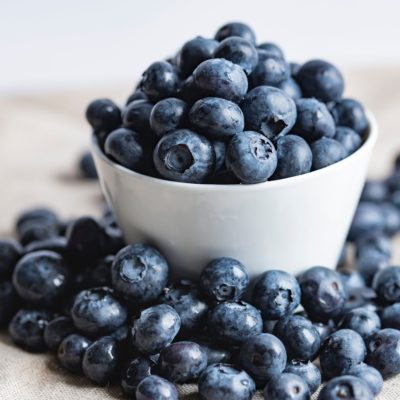Microbiome and Nutrition
The complex community of bacteria, yeasts and viruses living in our intestines, collectively known as the gut microbiome, is shaped, in part, by what we eat. Genetics, environment, and other factors also influence an individual’s microbial community. Research at the NRI investigates these complex relationships and their impact on disease risk. We use animal models and bioinformatics to study the associations between nutritional metabolites, gut microbiome, and health. What happens in the gut doesn’t stay in the gut. Your microbiome can play a role in cardiovascular disease, obesity and diabetes, and even cancer. Our team envisions a future where analysis of your microbiome can determine disease risk, and medical foods can be prescribed to treat and prevent disease by regulating the microbiome.
Publications
Microbiome and Nutrition Publications
2020
Population studies of TMAO and its precursors may help elucidate mechanisms. Meyer K
2019
Association of dietary patterns with the gut microbiota in older, community-dwelling men. Meyer K
2018
Meta-analysis of human genome-microbiome association studies: the MiBioGen consortium initiative. Meyer K
Human microbiota, blood group antigens, and disease. Sumner S
2017
Trimethylamine N-Oxide, the Microbiome, and Heart and Kidney Disease. Zeisel S
2016
Diet and Gut Microbial Function in Metabolic and Cardiovascular Disease Risk. Meyer K
Antibiotic-mediated gut microbiome perturbation accelerates development of type 1 diabetes in mice. Sumner S
Related News
September 2016
Cheatham Lab's B.E.R.R.Y. Study Preliminary Results As we age, we experience gradual cognitive decline as our brains process things slower and our ability to remember things decreases. Blueberries contain anthocyanins, which have been shown to effect the areas of the...
Fruity Couscous
August 26, 2016 • Fruity Couscous designed by Chef Mark Allison, Director of Culinary Nutrition, Dole Food Company.
Cheatham Lab’s B.E.R.R.Y. Study Preliminary Results
August 26, 2016 • As we age, we experience gradual cognitive decline as our brains process things slower and our ability to remember things decreases. Blueberries contain anthocyanins, which have been shown to effect the areas of the brain that are related to memory and processing in animal studies. The effect of blueberries on brain function in humans is only now beginning to be tested.
Visiting Scholar's Research Assists Development of Training Program
August 25, 2016 • The Nutrition Research Institute (NRI) welcomes visiting scholar Rodrigo San Cristobal from the Universidad de Navarra in Pamplona, Spain, who is working with NRI faculty member Martin Kohlmeier, M.D., Ph.D., to develop a certification program in nutrigenetics for licensed healthcare professionals.


